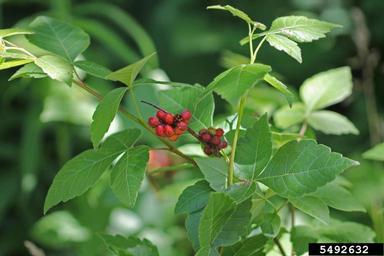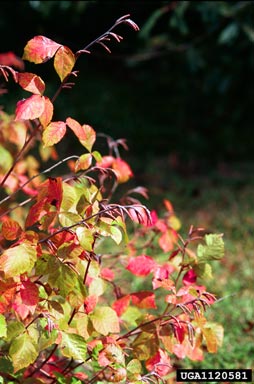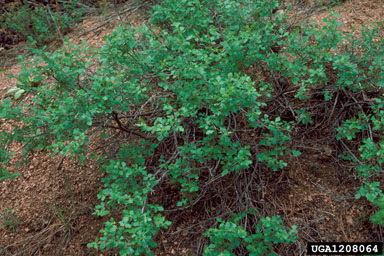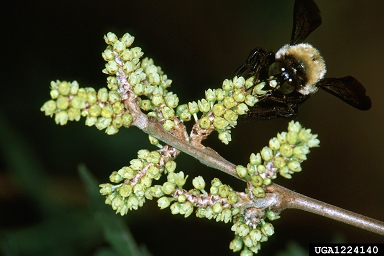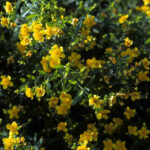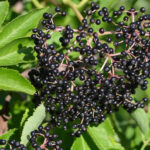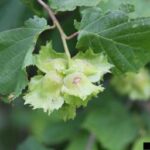Description
Fragrant Sumac, Rhus aromatica
GALLON POT
Light: Full sun, part-shade
Moisture: Dry to moist
Soil: Dry sandy to medium loam and clay, well-drained
Height: 2–6 feet
Bloom Season: March to May
Bloom Color: Yellow flowers (female) or catkins (male)
Fruit: Red
Notes: Fragrant sumac is an irregular spreading, perennial shrub, 2–6 ft. tall, 6–8 ft. spread, with velvety twigs and lower branches turned up at the tips. The glossy, blue-green, toothed, trifoliate leaves turn yellow, orange, to purple in the fall. The leaves and twigs are fragrant when crushed, sometimes used for potpourri.
This plant is dioecious, having separate male and female plants. The female plants produce yellow flowers, and the male plants produce yellow catkins—at the tips of twigs before foliage emerges. The flowers turn into red berry-like drupes in late summer, which can persist into winter, providing an important food source for birds and small mammals during food scarcity. The early spring nectar is valuable for native bees, honey bees and butterflies.
Fragrant Sumac will spread, forming a nice colony and filling empty spaces around it. It can be used in shrub borders or as a ground cover; looks great planted in drifts. With intentional pruning, this plant can be trained to spread low and horizontally. Its strong root development is good for erosion control. Easily propagated by division/sprouts. High resistance to deer.
Photo credits left to right:
Rob Routledge, Sault College
James H. Miller, USDA Forest Service
Dave Powell, USDA Forest Service (retired)
Jerry A. Payne, USDA Agricultural Research Service
(all from Bugwood.org)

